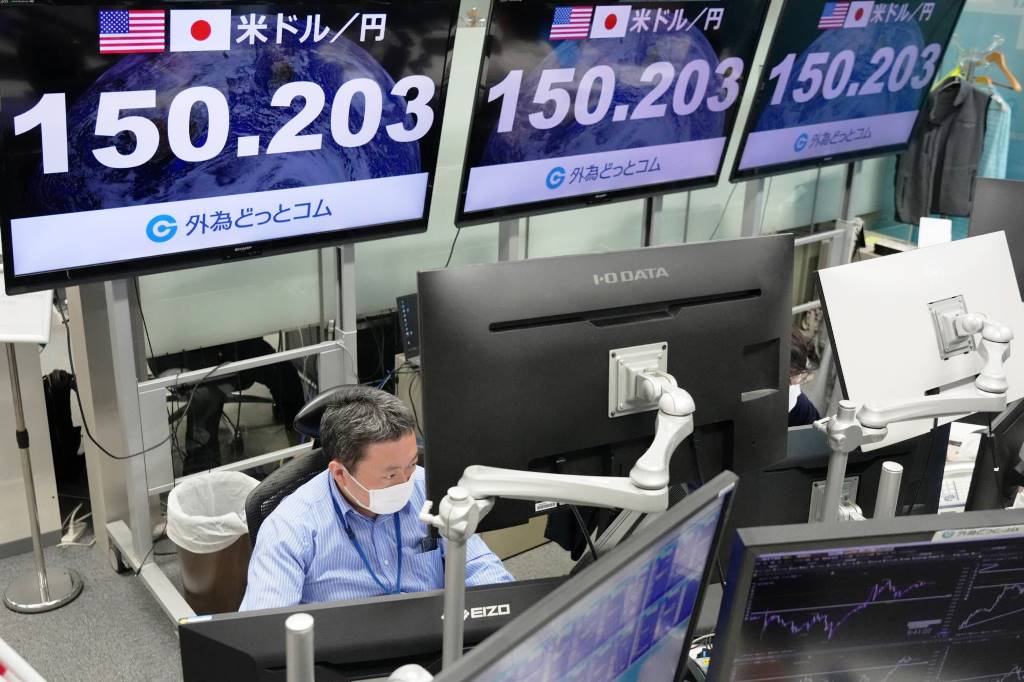Asian stocks saw modest gains on Thursday, buoyed by Nvidia’s brief ascent to a historic $4 trillion market valuation. Investors largely overlooked U.S. President Donald Trump’s latest tariff threats, including a proposed 50% duty on copper imports set to take effect August 1. The MSCI Asia-Pacific ex-Japan index rose 0.4%, while Japan’s Nikkei fell 0.6%. China’s CSI300 and Hong Kong’s Hang Seng both edged up, reflecting cautious optimism.
Trump Expands Trade Threats, Markets Stay Calm
Trump escalated trade tensions by targeting Brazil with a potential 50% tariff on exports to the U.S. and issuing tariff notices to seven smaller trading partners. Despite the aggressive rhetoric, markets remained steady, with European futures also ticking higher. Analysts noted that investors have grown accustomed to Trump’s unpredictable trade policies, viewing them as negotiable rather than final. The muted reaction contrasted with April’s sharp selloff, suggesting diminished panic over tariff headlines.
Nvidia Hits $4 Trillion Milestone, Tech Stocks Shine
Nvidia made history as the first company to reach a $4 trillion valuation, underscoring its dominance in the AI chip sector. The rally spilled over into Asian tech stocks, with Japan’s Disco surging 4.3%. However, U.S. futures dipped slightly in Asian trading, with Nasdaq and S&P 500 futures down 0.2%. The broader market’s resilience was attributed to expectations of Federal Reserve rate cuts later this year, which could ease borrowing costs and support equities.
Fed Rate Cut Hopes Offset Trade Jitters
Minutes from the Fed’s June meeting revealed that most officials anticipate rate reductions in 2024, easing concerns over tariff-driven inflation. SMBC’s Jeff Ng noted that markets remain optimistic, betting on resilient labor data and potential policy easing. While recession risks linger, the prospect of lower rates has reduced the opportunity cost of holding stocks, helping sustain the rally. Investors continue to monitor trade developments, but for now, optimism around monetary policy and tech momentum prevails.














